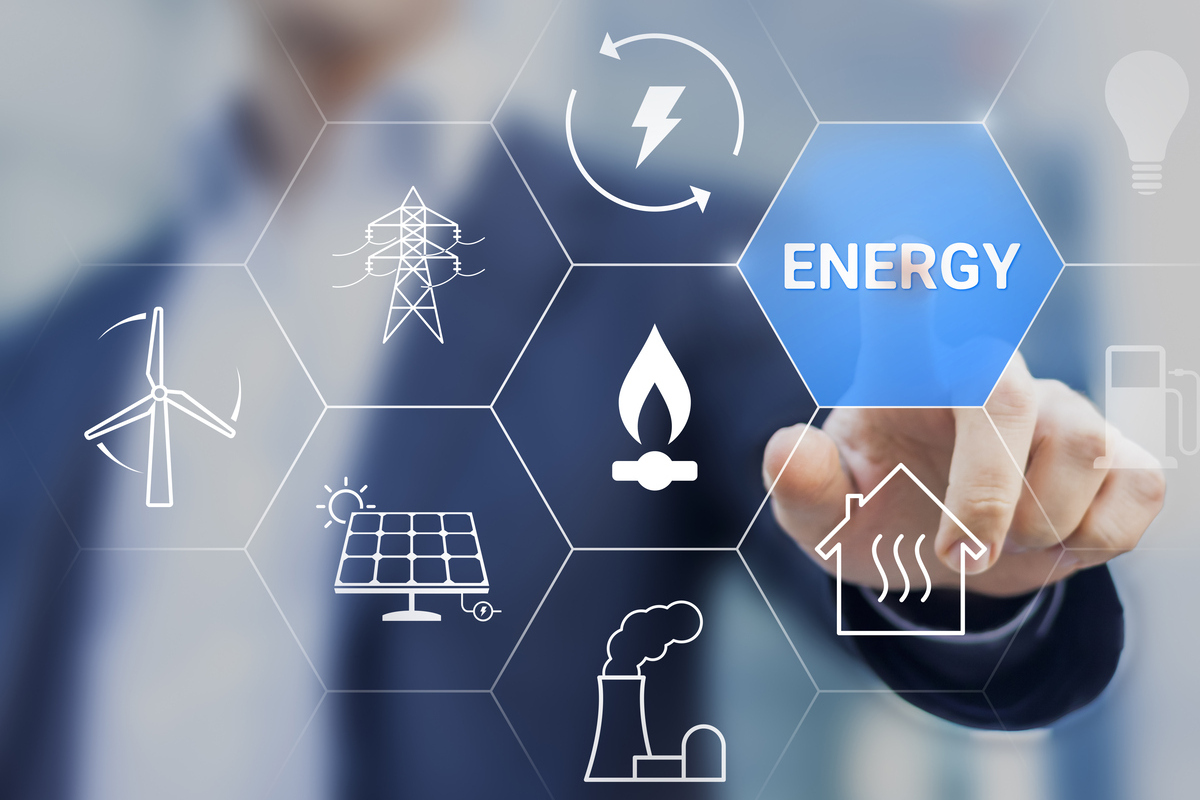Global Energy Consumption
A Comprehensive Overview
Energy consumption plays a vital role in the global economy, driving industrial growth, powering homes, and enabling technological advancements. As the world population continues to grow, so does the demand for energy. This comprehensive article delves into the current state of worldwide energy consumption, highlighting key trends, sources, challenges, and future prospects.
Global Energy Consumption
Global energy consumption refers to the total amount of energy used by individuals, industries, and governments worldwide. It is typically measured in units like quadrillion British thermal units (Btu) or exajoules (EJ). As of the most recent data available, 2021, the world consumed approximately 596 exajoules of energy annually.
Major Sources of Energy
A. Fossil Fuels: Historically, fossil fuels have dominated the world's energy supply. These include coal, oil, and natural gas, accounting for over 80% of global energy consumption. However, their usage poses significant challenges due to greenhouse gas emissions and climate change concerns.
B. Renewable Energy: In recent years, the adoption of renewable energy sources has been growing steadily. These include solar, wind, hydroelectric, geothermal, and biomass. Although they currently constitute a smaller portion of the global energy mix, their share is increasing due to environmental and sustainability efforts.
C. Nuclear Energy: Nuclear power plants contribute significantly to electricity generation in several countries. While nuclear energy provides low-carbon electricity, it also raises concerns regarding safety, waste management, and proliferation.
Regional Energy Consumption Patterns
Energy consumption varies widely across regions, primarily influenced by economic development, population size, and industrialisation levels. As of 2021, the Asia-Pacific region accounted for the highest share of global energy consumption, with China and India being the two largest consumers, primarily reliant on coal.
North America and Europe follow closely in terms of energy consumption, with the United States, Canada, and Russia being notable consumers. These regions have seen a gradual shift towards renewable energy sources and energy efficiency measures.
Africa and Latin America, while having lower overall energy consumption levels, are experiencing steady growth, often fueled by increased industrialisation and expanding populations.
Challenges and Concerns
A. Climate Change and Environmental Impact: The combustion of fossil fuels releases greenhouse gases, contributing to global warming and climate change. This has spurred international efforts to reduce carbon emissions and transition to cleaner energy sources.
B. Energy Security: Many countries heavily rely on imports to meet their energy needs, making them vulnerable to supply disruptions and price fluctuations.
C. Energy Poverty: A significant portion of the global population lacks access to reliable and affordable energy, hindering socio-economic development and quality of life.
D. Infrastructure and Investment: Transitioning to renewable energy and upgrading energy infrastructure require substantial investments and robust policies.
Future Prospects
A. Renewable Energy Expansion: The global push towards decarbonisation and sustainable energy sources is expected to accelerate the adoption of renewables. Continued advancements in technology and decreasing costs are making renewables more competitive.
B. Energy Efficiency: Improving energy efficiency in various sectors, including transportation, industry, and buildings, can significantly reduce overall energy demand.
C. Energy Storage: Development of efficient energy storage solutions will enhance the reliability and scalability of renewable energy, enabling better integration into the power grid.
Conclusion
Worldwide energy consumption continues to evolve, driven by economic growth, technological advancements, and environmental concerns. The shift towards renewable energy sources and energy efficiency measures marks a positive direction in the fight against climate change and ensures a more sustainable energy future for generations to come. However, addressing the challenges of energy security, access, and infrastructure development will require collaborative efforts from governments, industries, and individuals worldwide.

